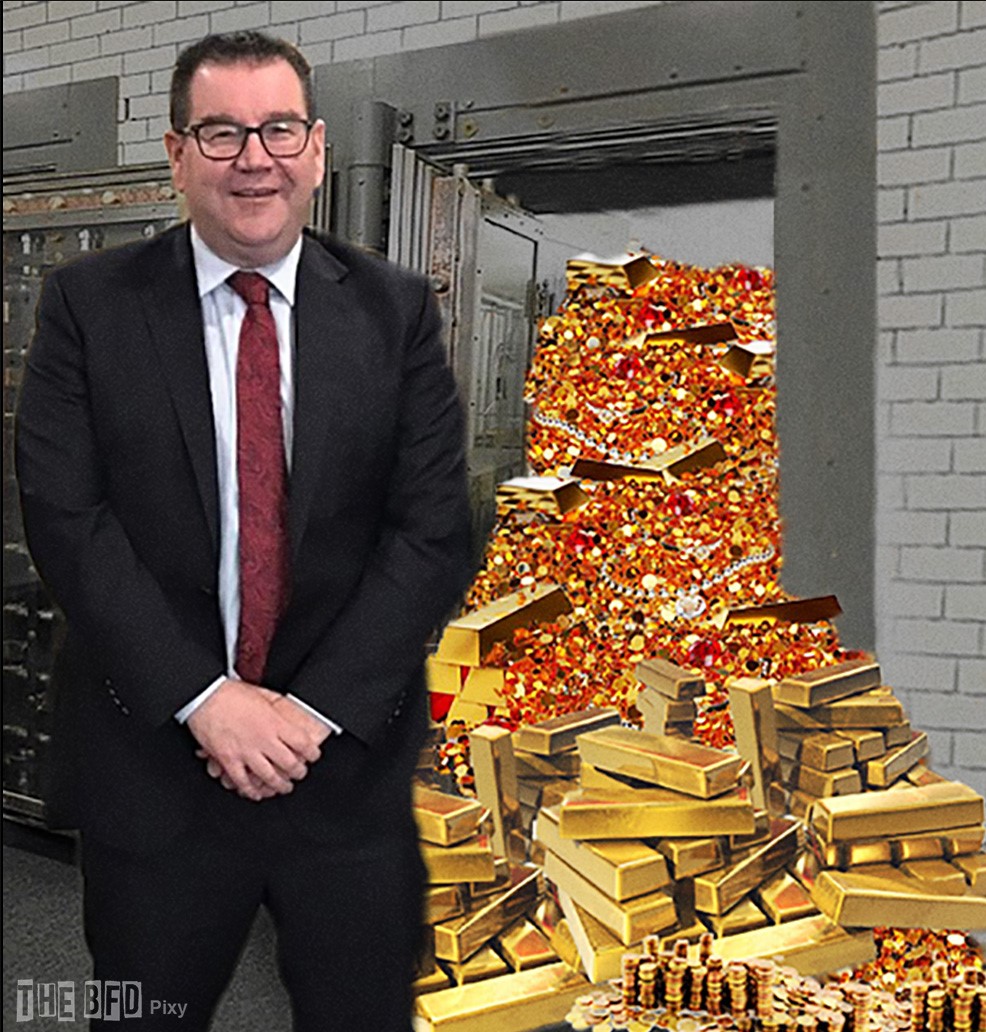The government has announced a surplus of $7.5 billion, approximately $4 billion more than predicted.
You might be forgiven for thinking such a large understatement means that Phil Twyford’s comments about ‘kids’ in Treasury were justified after all.
However, approximately $3.6 billion of the surplus is due to the revaluation of Kiwirail, and also to a change in tax reporting methods by IRD. This is not cash. We accountants might consider the IRD move as ‘creative accounting’, and in the case of Kiwirail, it is an asset revaluation that MIGHT be realised one day, but with the chequered history that Kiwirail has had in the last few decades, let us not get too excited.
Still, an actual surplus of almost $4 billion is quite impressive, and it just might lead to the feeling that this government are really quite good stewards of the economy after all.
Not so fast.
The government spends somewhere between $80 billion and $90 billion a year on core services. When you think about that, $4 billion in relatively good times is not a large amount.
It has to be remembered that with almost full employment, the tax take these days is the highest it has ever been, mainly from PAYE deducted from wages. The population has never been larger either, and all of those people have to eat, travel, buy clothes and heat the house. Thus, the GST take is the highest it has ever been too, simply because of the larger population, all of whom are net payers of GST.
It is not hard to be a good steward of the economy when those are the conditions in which you operate. But things get a bit murkier from here.
If a listed company showed a profit of only 4%, shareholders would be very concerned, dividends would likely be reduced and the share price would probably fall. $4 billion might sound like a lot, but when viewed as part of government spending, it is nothing more than a drop in the proverbial bucket.
It actually shows that the government cannot afford to carry on with an expansive infrastructure programme, as that $4 billion could easily be soaked up in normal operating expenditure in the next year. It leaves the government little room to move at all.
Of course, those that want to spend their way into oblivion, such as James Shaw, are ignoring the fact that $3.5 billion of the so-called surplus is a revaluation reserve. Calls for massive spending are foolish when the government really does not have the capacity to spend up large without risking falling into deficits next year.
It is also only fair to point out that the surplus is due in part to the simple fact that this government has not actually done much at all. From Kiwibuild to mental health, to the DHBs, to cancer drug funding, to state housing, the government’s progress has been dismally slow. This can only mean that many projects, hardly started or not started at all, still have to come on stream, and the funding for those will have to be found in the next few years.
The government simply cannot give in to calls for increased spending when there is nothing to suggest that the money will be there next year when it is needed, either for operational spending or for these projects.
The trouble is, a surplus of $7 billion creates expectations. Simon Bridges is calling for tax cuts. Shamubeel Eaqub wants more roads and more statehouses. We can’t get the roads, of course, because the Green arm of the government simply will not allow it, but we can’t build the houses either.
DHB deficits have reached $1 billion, which is troubling. Some of the current surplus will have to be channelled into addressing such deficits, as hospitals are becoming seriously underfunded, and this is impacting services and wait times.
So, you can’t call it a $7 billion surplus when half of it is a revaluation reserve, and DHBs are underfunded by $1 billion. DHBs are almost entirely funded by the government. So the surplus is not even $3 billion, which is becoming marginal. Remember, the government spends about $90 billion a year. A 3% surplus is a nice-to-have, but it could easily evaporate with increasing operational costs next year.
The government will use is as an election fund, however. They will spend it on something that is instantly tangible, and it will be aimed at swing voters, who will be the ones to decide the outcome of the next election. So, those tax cuts just might be on the cards after all.
But again, don’t get excited. The surplus will vanish like a snowball in a microwave when the economy turns down next year. These may well be the shortest-lived tax cuts in all of history.

